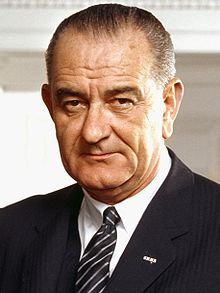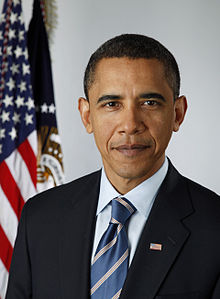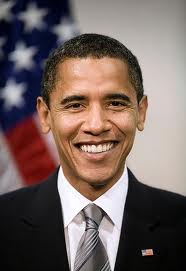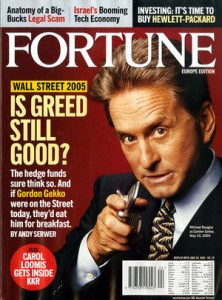Tweet  Be careful what you wish for. You just might get it.
Be careful what you wish for. You just might get it.
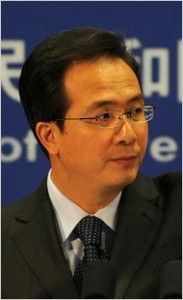
Chinese Spokesman for Foreign Affairs
If, on August 2, 2011, the United States defaults on various debt obligations, then historians may well consider that date as the date on which the United States of America ceases to occupy the position it has held since the end of World War II. However, August 2, 2011, may be the end of the beginning. If so, it will mark a point of inflection in a curve that maps processes that has been in motion for a long time. The trends in personal debt, bankruptcy, home foreclosures, unemployment, and the disparity of income and assets between the wealthiest 10% of the population and the other 90% have developed over years.
July 14, 2011, Bastille Day in France, may be considered to mark the coming of age of the successor to the United States as the superpower of the 21st Century, and that would be China. In “China Urges U.S. to Protect Creditors by Raising Debt,” Bettina Wassener in Hong Kong and Matthew Saltmarsh in Paris report in the New York Times, that “Hong Lei, a Chinese foreign affairs spokesman, urged the United States to protect the interests of foreign investors.” As one of the United States’s biggest creditors, China, which holds over $1.0 Trillion in US Treasury bills, “urged American policy makers on Thursday to act to protect investors’ interests, highlighting rising concerns around the globe about the protracted budget talks taking place in Washington.”
These mark gradual processes of waxing and waning of cultures and economies. These did not happen overnight. It did not happen with the election and inauguration of Barack Obama as 44th President of the United States, as spokespeople of the Tea-Republican Party, and News Corp (some of whom are in both) may assert. Nor did it happen in 2000 with the Presidential Election, the Supreme Court decision which decided the election, and the subsequent inauguration of George W. Bush as the 43rd President.
The development of the US as a superpower at the end of World War II was facilitated by the election of Franklin Delano Roosevelt to the office of President in 1932, and his reelections in ’36, ’40, and ’44. However, it was less President Roosevelt himself than the progressive economic policies of the New Deal that he put in place. Similarly the descent from superpower status and the crumbling of American infrastructure have been slow processes. Perhaps it began with the conflation of news and entertainment and the elimination of the Fairness Doctrine in 1987 under President Reagan.
In order, therefore, for the United States to continue to be a superpower, we need to return to the progressive economic policies that build infrastructure and finance infrastructure projects by taxes, rather than by mortgaging our children’s futures to potentially unfriendly foreign powers such as Communist China.
The wisest, but least easy course would be to allow the Bush tax cuts to expire and increase taxes. Everyone should pay their fair share.
Finally,
If we increase the debt ceiling, will China continue to buy U.S. Treasury Bills?
China holds over $1 trillion of US Treasury Bills, about 7.5% of our debt. Is that in our national interest?


